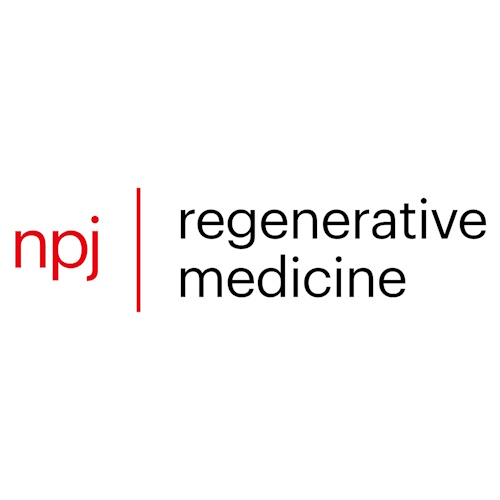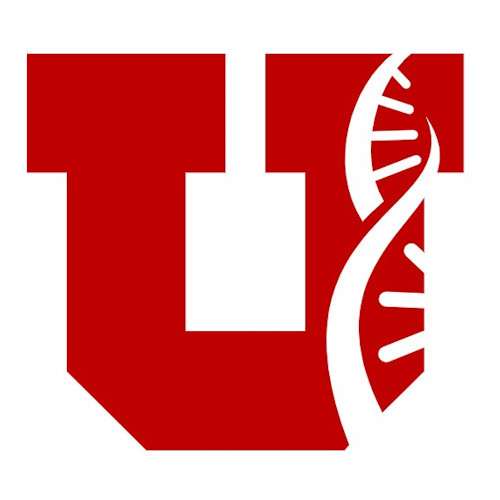Key points from article :
A new gene therapy has shown promise in reversing heart failure effects and restoring heart function in pigs. The therapy works by increasing the amount of blood the heart can pump, improving survival and heart function significantly. Researchers focused on boosting levels of a heart protein called cardiac bridging integrator 1 (cBIN1), which is lower in heart failure patients. They used a harmless virus to deliver the cBIN1 gene directly into the heart cells of pigs with heart failure.
The study, published in npj Regenerative Medicine, found that the pigs who received the therapy survived for six months, much longer than the typical prognosis for heart failure. Not only did the therapy prevent further heart damage, but it also led to significant improvements in heart function, with a 30% increase in efficiency—much more than previous treatments, which showed 5-10% improvements. This "reverse remodeling" saw the pigs' hearts become less dilated and thinner, resembling non-failing hearts.
Despite ongoing cardiovascular stress, the gene therapy allowed the pigs’ hearts to return to normal blood pumping levels. The therapy’s success appears to stem from cBIN1’s role in organizing and regulating proteins critical for heart muscle function. This has led researchers to believe that targeting heart muscle cells directly could change the future of heart failure treatments.
Researchers from the University of Utah are currently adapting the therapy for humans and plan to apply for FDA approval for clinical trials by fall 2025. However, the therapy must first undergo toxicology testing and other safety checks. The team remains optimistic, especially given the therapy's promising results in pigs, which have heart physiology similar to humans.
This study could offer hope to the millions of people worldwide affected by heart failure. While the therapy still needs further testing, its potential to heal damaged hearts has researchers hopeful it could become a key treatment for heart failure in the future. The study was funded by the National Institutes of Health and other organizations.








